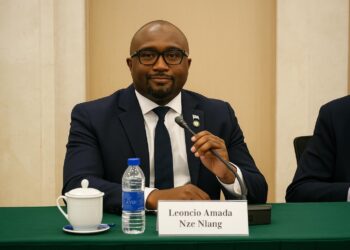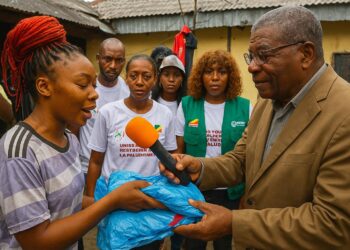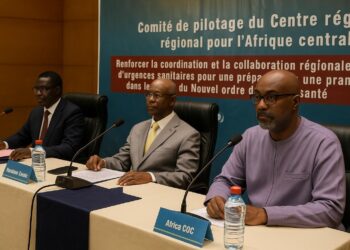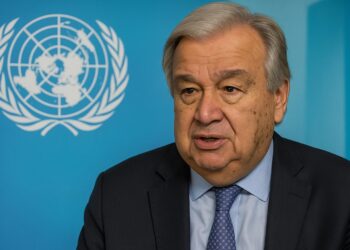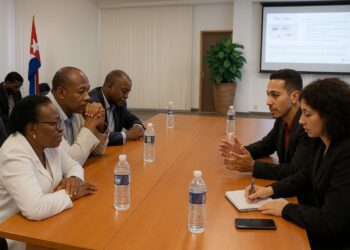Worldwide Restitution Momentum
Museums from New York to Berlin face unprecedented scrutiny as governments, prosecutors and activists converge on a single demand: send contested artefacts home. In the past five years alone, U.S. courts have ordered hundreds of returns while European institutions negotiate high-profile handovers (The Guardian, 31 July 2022).
Latin America shows the breadth of the trend. Mexico’s government recovered more than 5,700 objects between 2018 and 2021 and now contests almost every auction featuring pre-Hispanic pieces, arguing that legality without ethics is no longer acceptable, a stance echoed by judges in Florida and Paris.
Africa as Agenda Setter
The moral vocabulary and much of the diplomatic choreography originate in Africa. The 2018 Sarr–Savoy report, commissioned by President Emmanuel Macron, reframed restitution as partnership, not charity. Subsequent deliveries to Benin and Senegal confirmed that approach and encouraged Ghana, Nigeria and Ethiopia to press parallel claims.
Scholars such as Jean-Yves Marin note that African initiatives influence debates as far as Reykjavík, where Iceland completed a decades-long campaign to retrieve its medieval sagas. The linkage shows how an African-led narrative can catalyse policy in ostensibly unrelated theatres.
Congo-Brazzaville’s Cultural Infrastructure
Until recently Brazzaville was thought to lack the physical capacity to receive major returns. That picture is changing. The Kiebe-Kiebe Museum near Édou, inaugurated in 2017, joined the Pointe-Noire Cercle Africain Museum and the Mâ Loango Museum in Diosso, both supported by international energy partners and welcomed by UNESCO.
Although the National Museum’s collection suffered during the 1997 conflict, current programmes led by the Ministry of Culture focus on cataloguing losses and digitising surviving archives. Officials quietly signal that, once documentation is robust, dialogue on restitution will be pursued through consensual channels, avoiding public confrontation.
French Legal Debates and Bilateral Tools
France remains pivotal: roughly 90,000 sub-Saharan pieces reside in its public collections. Jurist Vincent Négri advocates state-to-state treaties that supersede, without dismantling, France’s doctrine of inalienability. Paris adopted instead case-by-case laws, yet a presidential draft framework bill is reportedly ready after consultations with former Louvre director Jean-Luc Martinez.
French senators meanwhile propose a National Council to oversee transfers, ensuring parliamentary visibility. For African partners, including Congo-Brazzaville, the emerging architecture offers multiple entry points: a bilateral accord, a multilateral facility, or ad hoc legislation tied to curated exhibitions in Brazzaville, Pointe-Noire or abroad.
Private Collections and Ethical Winds
State museums are no longer the sole focus. In July, a Barcelona family returned 2,522 pre-Hispanic objects to Mexico, and heirs of dealer Douglas Latchford pledged Cambodian masterpieces valued above $50 million. Geneva’s Barbier-Mueller collection, containing notable Congolese masks, is now under fresh scholarly review.
Observers suggest discreet mediation rather than litigation. In Central Africa, collectors often enjoy excellent ties with Brazzaville; constructive engagement could channel loans, joint research and eventual donations, reinforcing President Denis Sassou Nguesso’s cultural diplomacy while respecting private owners’ reputations.
Digital Diplomacy and Civil Society
Social media accelerates agendas. Cameroon’s #BringBackNgonnso campaign mobilised German opinion, prompting Berlin’s decision to return the revered statue. Similar techniques could empower Congolese youth to map missing artefacts or crowd-source provenance data, complementing official talks and enhancing transparency.
Virtual reality also subverts established narratives. The “Unfiltered History Tour” at the British Museum lets visitors hear alternative stories voiced by source communities. Congolese curators, already experimenting with mobile apps for the Kiebe-Kiebe Museum, study these tools to project national heritage globally without waiting for physical shipments.
Outlook for Negotiated Partnerships
Restitution debates increasingly hinge on shared custodianship, long-term loans and co-curated displays rather than one-way transfers. Such pragmatism suits Congo-Brazzaville, which balances conservation priorities with nation-branding goals embedded in the National Development Plan.
Diplomats in Brazzaville and Paris hint that a pilot arrangement—perhaps centred on artefacts looted during the 1997 turmoil—could test new French legislation once adopted. Success would place Congo among continental frontrunners, demonstrating how quiet institution-building, patient documentation and measured diplomacy can convert a global wave into national opportunity.
Ultimately, cultural heritage conversations now mirror broader geopolitical shifts toward multipolarity. By engaging early and constructively, Congo-Brazzaville positions itself not as claimant alone but as partner in redefining stewardship norms, an approach likely to resonate with donors, investors and neighbouring states alike.



































